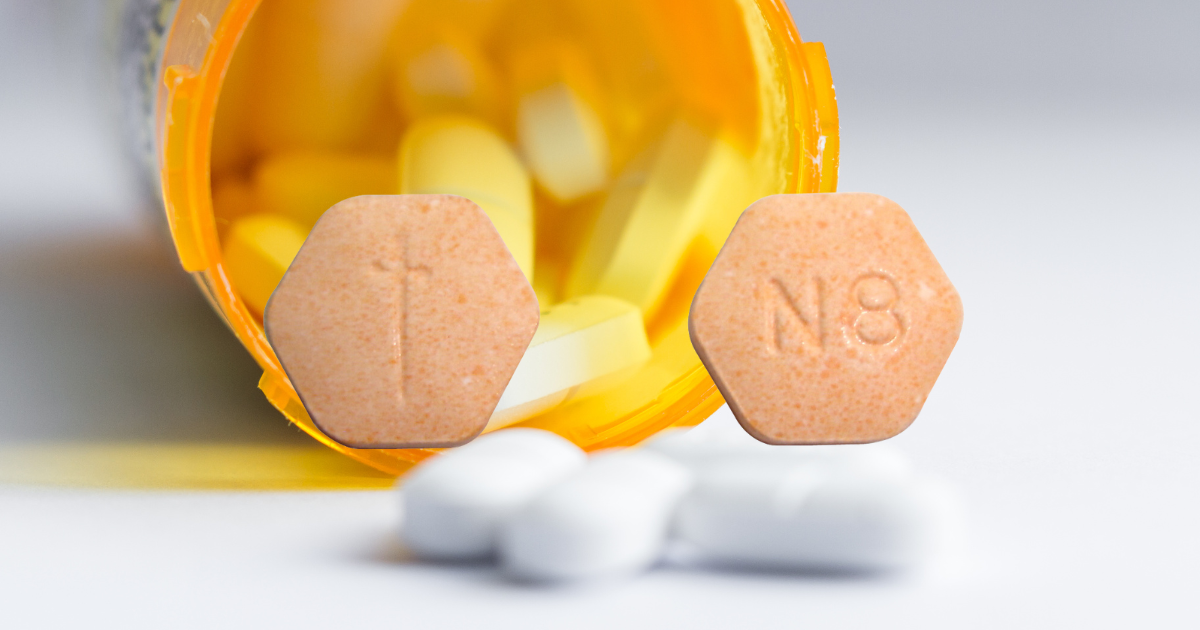Can you overdose on Suboxone? Yes, it’s possible, but the risk is considerably lower than other opioids. This article delves deeper into the topic, exploring Suboxone, its uses, potential risks, and how to stay safe during recovery.
The increasing prevalence of opioid abuse and addiction has necessitated the development of various treatment options. Suboxone, a medication commonly used in opioid addiction treatment, has proven effective in many cases. But as with all drugs, there are potential risks.
What is Suboxone?
Suboxone is a combination medication containing two key ingredients: buprenorphine, a partial opioid agonist, and naloxone, an opioid antagonist. The unique combination is designed to help wean individuals off opioids without causing severe withdrawal symptoms that often trigger relapse stages.
Buprenorphine provides a reduced opioid effect, aiming to satiate cravings without the risk of significant euphoria or respiratory depression associated with full opioids. Meanwhile, naloxone is there as a deterrent to misuse. If someone attempts to inject Suboxone, naloxone induces withdrawal symptoms, discouraging misuse.
The Risk of Suboxone Overdose
While Suboxone is designed to be safer than other opioids, the risk of overdose remains if misused or taken in large quantities. Common symptoms of a Suboxone overdose can include:
- Drowsiness
- Confusion
- Nausea and vomiting
- Respiratory distress
- Coma or death (severe cases)
Complicating factors like the simultaneous use of alcohol or other drugs can increase this risk. Even seemingly harmless substances like grapefruit juice can interfere with how your body processes Suboxone, leading to potentially harmful levels in your system.
How to Prevent an Overdose
The best way to prevent Suboxone overdose is to use the medication as directed by your healthcare provider. This includes taking the right dosage at the right time and avoiding substances that can interfere with Suboxone’s metabolism in your body.
For example, regular follow-ups with your healthcare provider during outpatient rehab are also crucial. They can monitor your progress, adjust your dosage, and help you manage any side effects. Remember, recovery is a process that requires commitment and constant monitoring to ensure success.
Recognizing and Responding to Suboxone Overdose
It’s vital to recognize the signs of Suboxone overdose promptly. If you or a loved one are experiencing symptoms such as intense drowsiness, difficulty breathing, or severe confusion, it’s crucial to seek immediate medical attention.
Remember, naloxone is part of the Suboxone formula, but it’s not enough to counteract an overdose. Only a healthcare professional can safely manage this situation, so don’t hesitate to call 911 if an overdose is suspected.
Learn More
At Landmark Recovery, we understand that the road to recovery is not a straight path. It comes with ups and downs, successes and setbacks. We offer comprehensive addiction treatment programs tailored to your unique needs that focus on your holistic well-being and long-term recovery.
From detoxification to aftercare, we’re with you every step of the way, offering compassionate, evidence-based care that gives you the tools you need to reclaim your life from addiction.
If you or a loved one are struggling with opioid addiction and need guidance on treatment options, please don’t hesitate to reach out. Our dedicated staff is available around the clock to support you, answer questions, and help guide you toward a healthier future.
Your recovery journey starts here. Call Landmark Recovery at 888-448-0302 today.

Choose Recovery Over Addiction
We're here 24/7 to help you get the care you need to live life on your terms, without drugs or alcohol. Talk to our recovery specialists today and learn about our integrated treatment programs.




